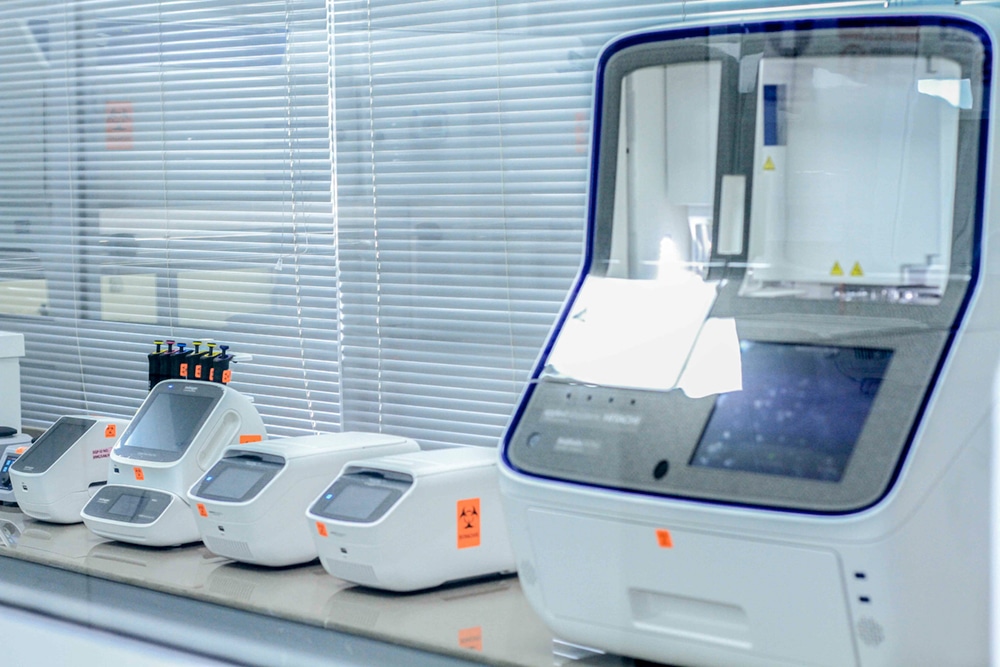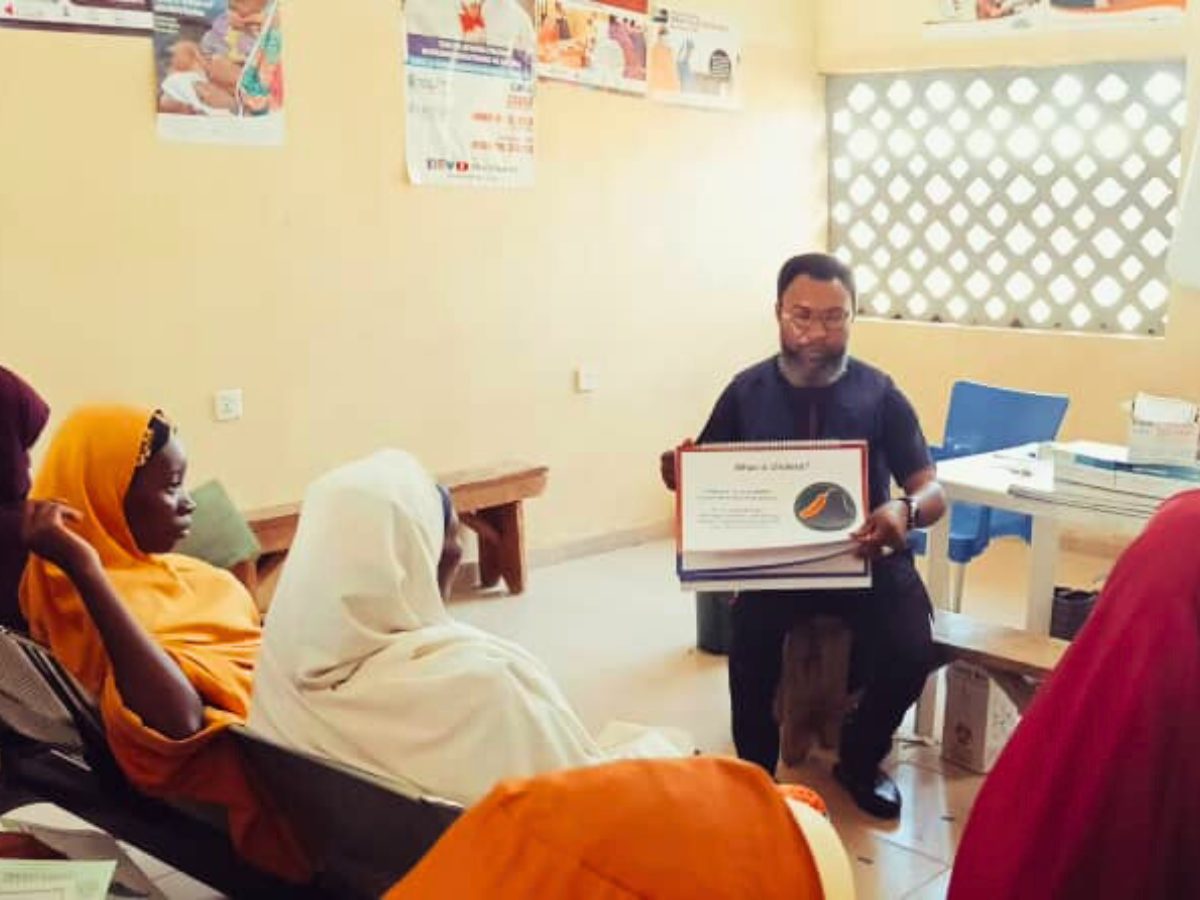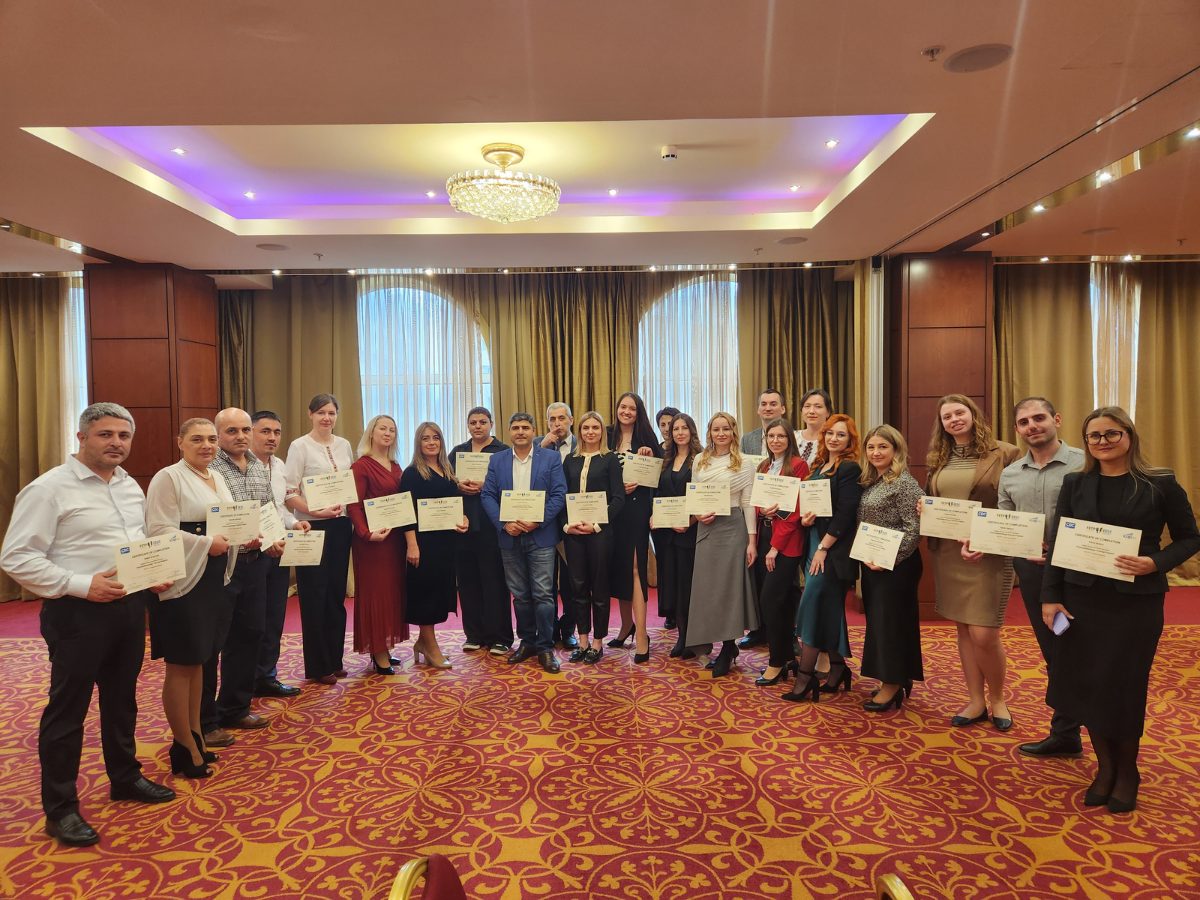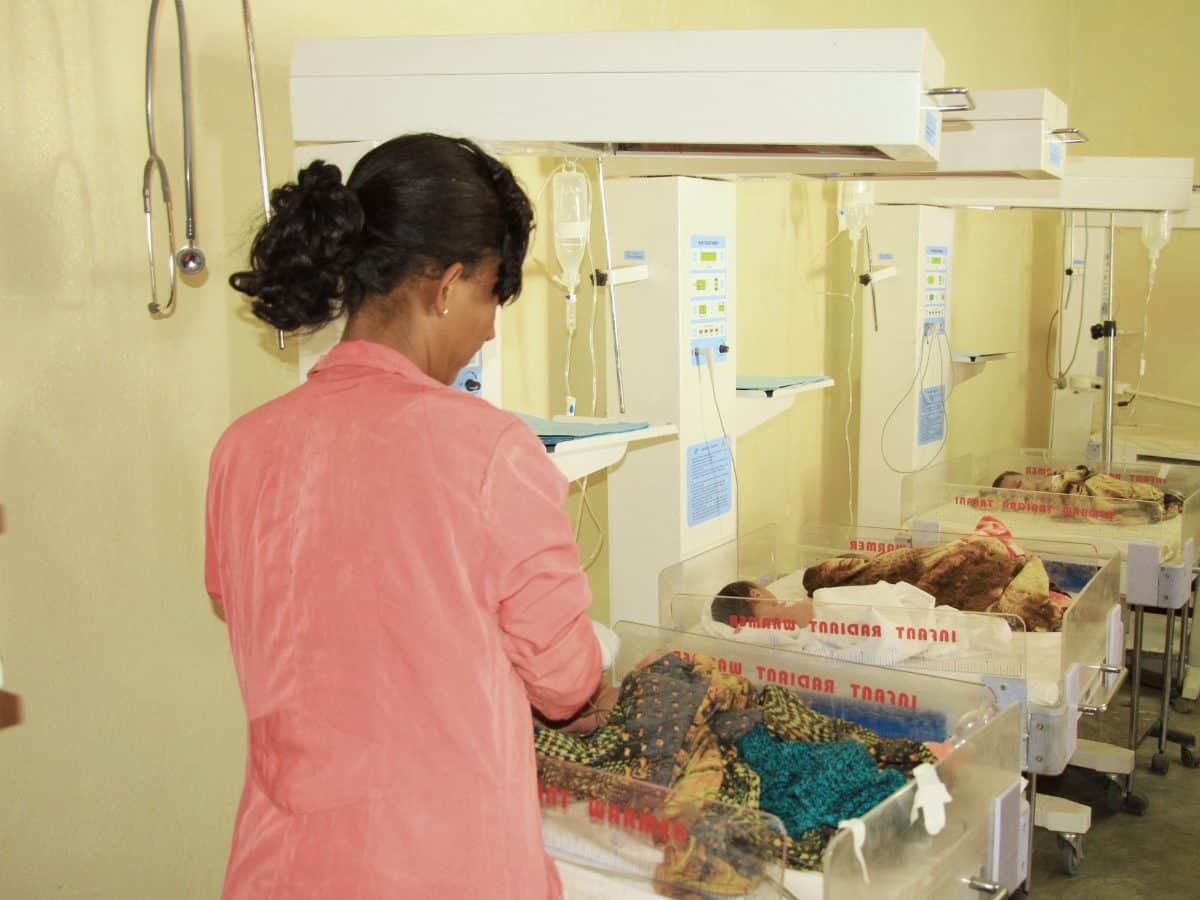Resistance to antiretroviral drugs is a serious problem that can lead to dire consequences for individuals of living with HIV as well as impede critical progress toward epidemic control.
Now, Tanzania has a major new tool for monitoring HIV drug resistance. The newly equipped state-of-the-art HIV drug resistance (HIDVR) laboratory at Bugando Medical Center (BMC) in Mwanza promises to enhance the quality of HIV services and improve the landscape for 12 million people throughout Tanzania’s Lake Zone and neighboring regions.
With funding from the President’s Emergency Fund for AIDS Relief (PEPFAR) through the US Centers for Disease Control and Prevention (CDC), and in partnership with the Government of Tanzania, ICAP has helped transform the lab into a major testing hub capable of performing advanced HIV drug resistance and other genomic sequencing tests.
“This great milestone that is achieved in collaboration with CDC will scale up quality of comprehensive HIV care and treatment services in the entire Lake Zone region,” remarked Mwanza Regional Commissioner, Honourable Said Mohammed Mtanda at a handover ceremony at BMC on May 29, 2024. “This landmark effort would not be possible without the support of the government of Tanzania, PEPFAR, CDC, and ICAP.”
‘’Through our partnerships, BMC has become instrumental in advanced technology that has transformed the laboratory into a sustainable, self-operating entity delivering high-quality laboratory services across more than eight regions,” noted CDC Country Director, Mahesh Swaminathan, MD, at the handover event. “Since 2022, PEPFAR and CDC, through ICAP, have committed over $750,000 USD (approximately 1.942,500 billion Tanzanian Shillings) to support the BMC molecular laboratory set-up, operations, and accreditation.”

State-of-the-art diagnostic equipment make BMC’s HIDVR lab “a game changer” for tackling HIV in Tanzania.
“This renovation has substantially expanded the testing capacity across the Lake Zone and throughout the country, including regions such as Mwanza, Geita, Simiyu, Tabora, Shinyanga, Kagera, and Mara,” said Fabian Massaga, MD, director general of BMC, during the handover. “The enhanced facilities now support an annual testing capability exceeding 43,200 tests for HIV drug resistance and other critical diseases.”
According to Haruka Maruyama, MPH, ICAP’s country director in Tanzania, the BMC HIDVR laboratory has become a central testing and research hub for the Tanzania HIV Impact Survey (THIS) while the facility’s molecular diagnostic testing capabilities have been “a game changer.”
“This new laboratory arrives at a critical moment, promising to elevate patient care and pave the way for enhancing HIV/AIDS services,” said Maruyama. “We celebrate not just for the official handover of a laboratory but the dawn of a new era in our fight against HIV.
About ICAP
A major global health organization that has been improving public health in countries around the world for two decades, ICAP works to transform the health of populations through innovation, science, and global collaboration. Based at Columbia Mailman School of Public Health, ICAP has projects in more than 40 countries, working side-by-side with ministries of health and local governmental, non-governmental, academic, and community partners to confront some of the world’s greatest health challenges. Through evidence-informed programs, meaningful research, tailored technical assistance, effective training and education programs, and rigorous surveillance to measure and evaluate the impact of public health interventions, ICAP aims to realize a global vision of healthy people, empowered communities, and thriving societies. Online at icap.columbia.edu








